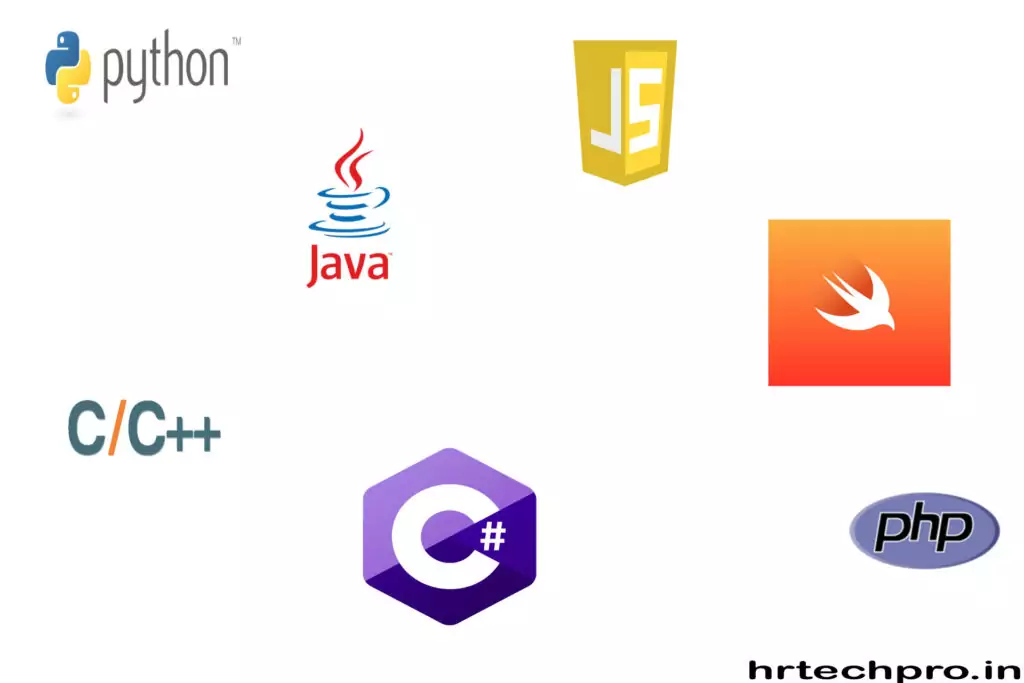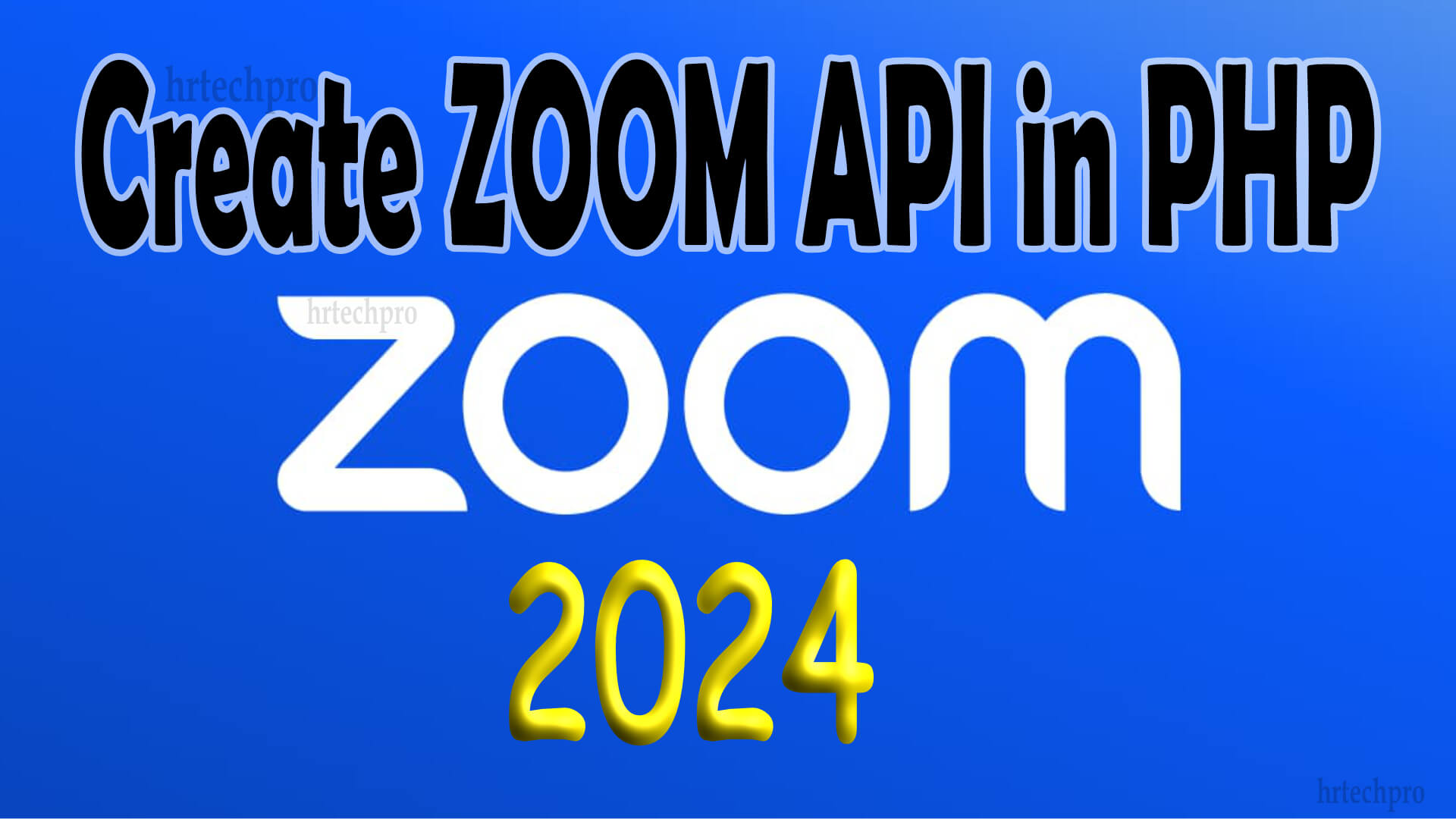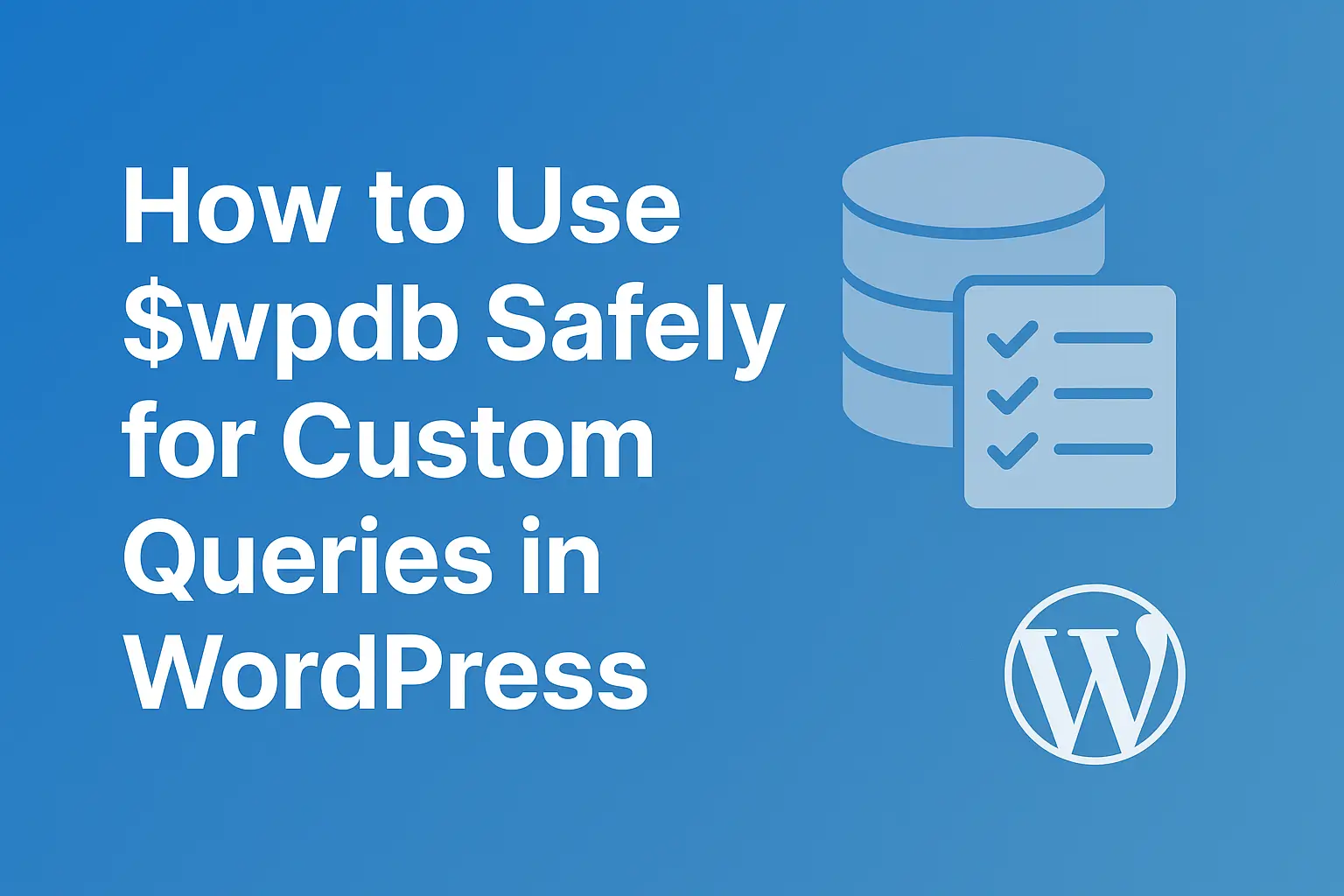AI vs. Human Intelligence: What the Future Holds
As artificial intelligence (AI) continues to grow rapidly, the comparison between AI and human intelligence has become one of the most talked-about topics in technology. But how do these two forms of intelligence really differ — and can one truly replace the other?
The Core Differences
At its core, human intelligence is emotional, creative, and intuitive. We are capable of empathy, abstract thinking, and moral judgment — traits developed through experiences, emotions, and culture.
On the other hand, artificial intelligence is designed to simulate certain aspects of human thinking using algorithms and data. AI can process vast amounts of information quickly, detect patterns, and perform tasks with precision — but it lacks consciousness, emotions, and true self-awareness.
Strengths of AI
- Speed & Accuracy: AI excels at data-heavy tasks like analyzing big data, facial recognition, or language translation.
- Automation: It’s used in self-driving cars, customer service chatbots, and medical diagnostics.
- Scalability: Once trained, AI systems can be scaled across industries and devices instantly.
Human Edge
Humans hold the edge in:
- Creativity and innovation
- Ethical reasoning
- Empathy and relationship building
- Adaptability in unknown scenarios
Collaboration, Not Competition
Rather than seeing AI as a competitor, the future points toward collaboration. AI can assist humans in solving complex problems, while humans guide AI with ethical and creative input. The symbiosis of human-AI teams may lead to breakthroughs in medicine, education, climate change, and more.
What Lies Ahead?
In the coming years, we’ll likely see a surge in “augmented intelligence,” where AI enhances — not replaces — human capabilities. The key will be building AI systems that reflect human values and ethics, ensuring a future where both can thrive.
Summary
AI is powerful, but it is not a replacement for human intelligence. It is a tool — one that, when used wisely, can amplify what makes us human. The future isn’t about who wins. It’s about how we work together.
Conclusion
As we move deeper into the age of artificial intelligence, the question isn’t about AI versus human intelligence, but rather how the two can coexist and complement one another. While AI brings efficiency, scale, and precision, human intelligence brings depth, empathy, and vision. The future will be defined not by competition, but by collaboration — where humans and AI combine their unique strengths to create solutions, drive innovation, and shape a better world. By embracing this partnership, we unlock the full potential of both minds and machines.







